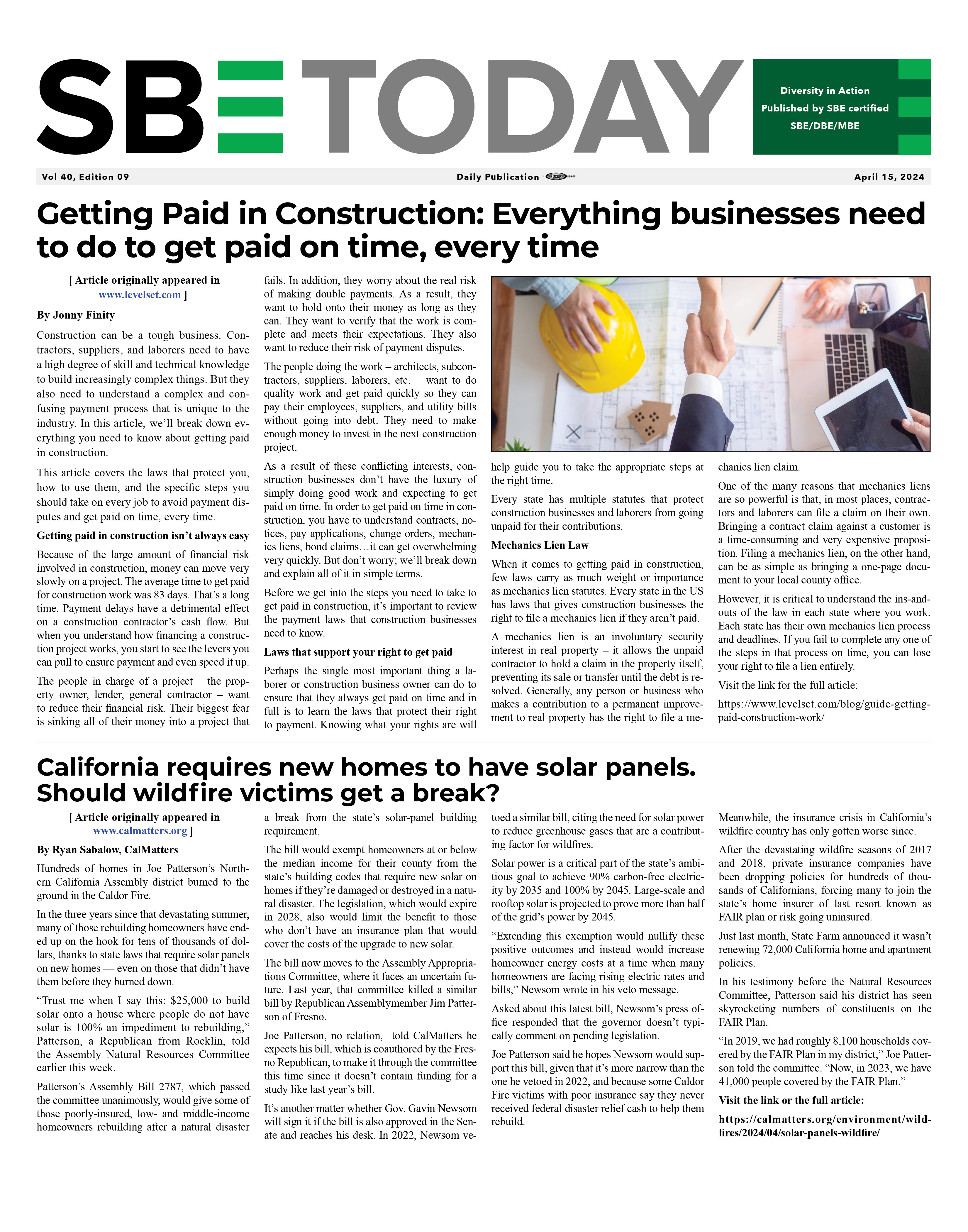|
|
HR 39: Why Sacramento Needs Equity Impact Evaluations
05/22/2021
[ Article was originally posted on https://greenlining.org ]
HR 39In partnership with Fathers and Families of San Joaquin, The Greenlining Institute is sponsoring HR 39, a resolution that empowers and encourages the State Assembly to include information about the social equity impacts of proposed legislation in committee and floor analyses. One way this information could be gathered is by encouraging committee consultants to integrate equity impact questions in their background assessment and questionnaire forms. These additional data points could provide more information on the potential harms and benefits of proposed legislation for vulnerable communities. Current bill analyses do not typically screen for inequitable impacts of legislation, which hinder policymakers’ ability to make informed decisions. This measure would more formally incorporate equity into the processes of assembly committees.  Racism is at the Root of Health & Economic DisparitiesInequity does not happen by accident: Historically, the government has played a significant role in creating and maintaining health and economic disparities. Decades of government-sponsored racial discrimination and segregation, for example, have produced conditions of injustice for communities of color today:
Racialized policies and government practices led to these injustices, and race-conscious policies will be necessary to repair them.
Equity Impact Analysis Training for Committee Consultants
Racial equity advocates and community-based organizations are mobilized to support the State in this commitment. On March 26th, 2021, The Greenlining Institute, in collaboration with PolicyLink and Education Trust West, presented a training on including equity impact analysis questions and relevant data sources in the legislative process to state assembly committee consultants. We introduced the questions included in Greenlining’s equity questionnaire toolkit and presented an example of what implementation could look like. Each recommended question aims to address some of the root causes of health and economic inequities, including the racial wealth gap, redlining, and language barriers:
The qualitative equity questions are meant to be integrated alongside the other questions included in floor and committee analyses. While there are still gaps in data availability on racial disparities in key indicators like health, housing, and poverty, much of the qualitative information needed to answer these questions is widely accessible in government databases and research publications. Members of the Assembly Committee on Housing and Community Development, as well as Jobs, Economic Development, and the Economy, have already adopted some of the equity questions into their analyses. Momentum Behind Race-Conscious PolicyAdvocates have pushed the state of California to work towards similar ends in other areas of race equity policy.
These efforts demonstrate an increased prioritization of race-conscious policy at the state level, and the urgency of such action in the wake of the pandemic and national protests against police violence. Looking Forward -- Call to Action to Support HR 39HR 39 gives us a chance to be proactive in our fight for equity, critically analyzing legislation before it can harm our communities. Incorporating equity impact assessments into the legislative process and making this information public would allow the public to hold lawmakers accountable. Organizations can join us in our call to invest in equitable solutions and maximize benefits for underserved communities by signing and submitting a letter of support to Assemblymember Ken Cooley, Chair of the Rules Committee.
Brianna Wells is Greenlining’s Health Equity Fellow. You can follow her work on Twitter. Back To News |
|




